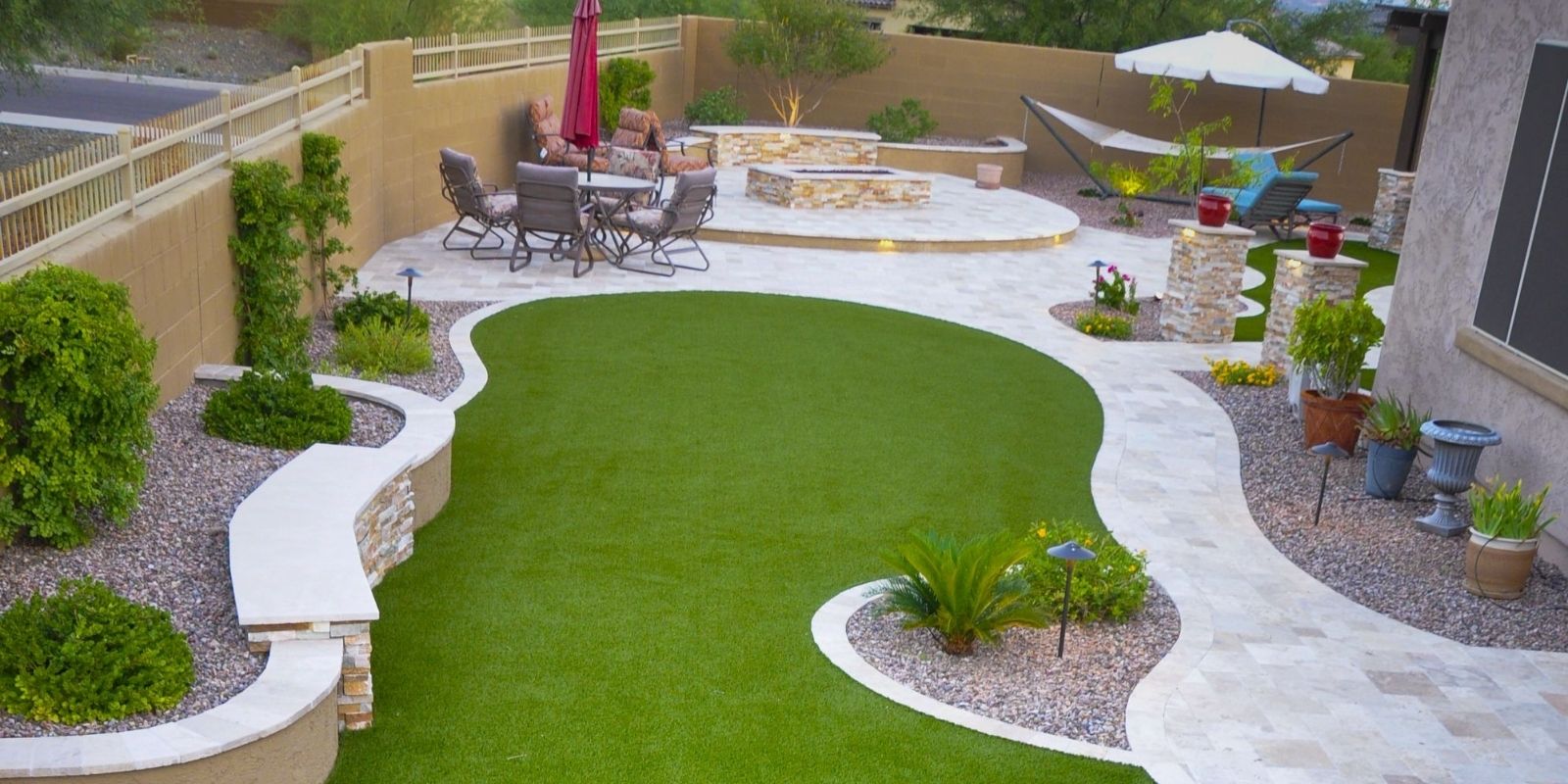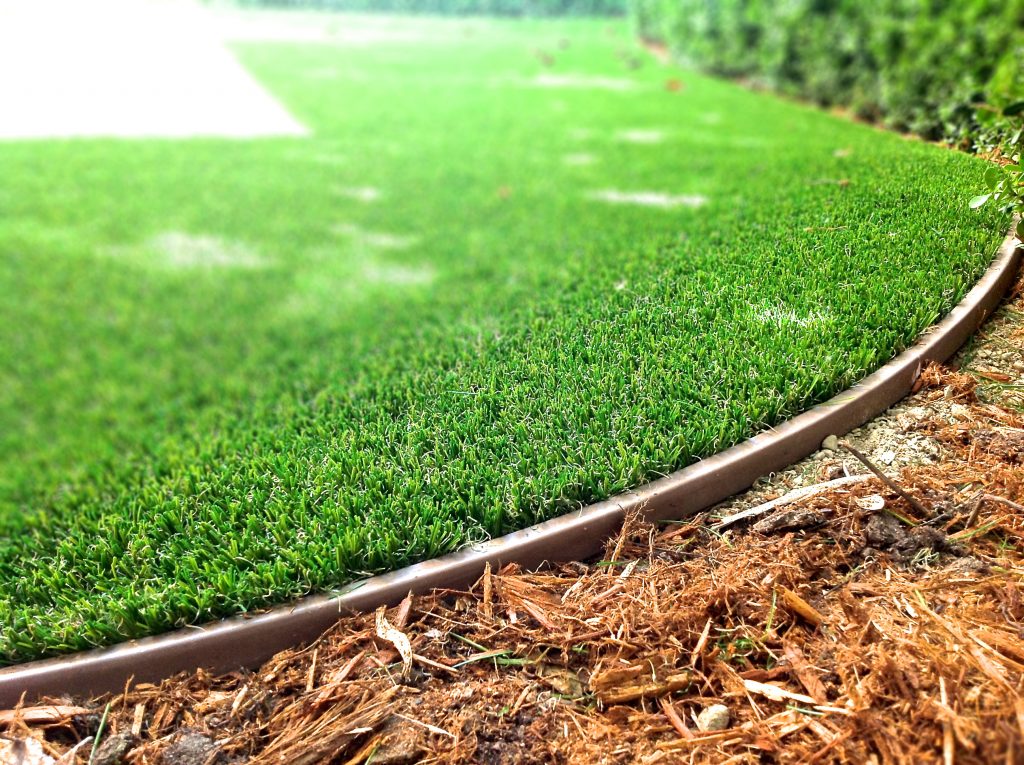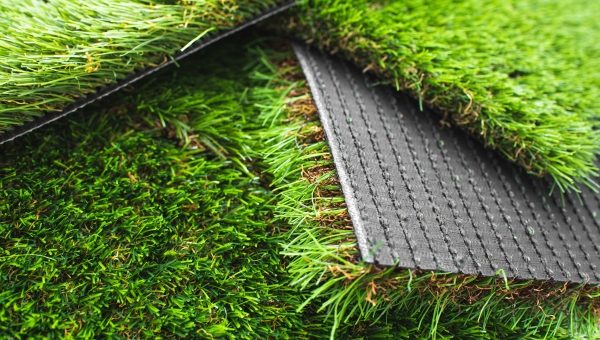Premier Phoenix Turf Companies Providing High-End Synthetic Lawn Solutions
Premier Phoenix Turf Companies Providing High-End Synthetic Lawn Solutions
Blog Article
Explore the Environmental Advantages of Opting for Synthetic Grass Solutions
The adoption of synthetic grass options provides a compelling opportunity to address pressing environmental difficulties. By substantially minimizing water use and lessening the application of dangerous chemicals, these options not only advertise sustainable landscape design yet likewise shield neighborhood communities. In addition, the reduced carbon impact related to lowered maintenance tasks contributes to an extra sustainable method to land administration. Nonetheless, the effects of these benefits extend beyond plain conservation efforts, elevating questions concerning their long-term effect on habitat preservation and total environmental equilibrium. Discovering these dimensions exposes a complex interaction worth thinking about.
Water Conservation Perks
One of the most significant benefits of fabricated lawn is its ability to conserve water. In contrast, artificial grass does not need watering, dramatically decreasing the general need for water resources.
By getting rid of the requirement for normal watering, fabricated turf adds to sustainable landscape practices and helps mitigate the ecological effect of extreme water usage. Moreover, the conservation of water reaches the decrease of runoff, which can bring about soil erosion and river contamination.
Additionally, the installment of synthetic grass permits homeowners and communities to designate water sources much more successfully, concentrating on vital usages such as alcohol consumption water and farming. The change towards fabricated lawn not just advertises liable water use yet also lines up with wider ecological goals focused on protecting all-natural resources.
As communities increasingly focus on sustainability, the water preservation advantages of man-made lawn present a compelling instance for its fostering in business and domestic landscape design tasks.
Decreased Chemical Usage
The change to synthetic grass substantially lowers the reliance on chemical treatments generally utilized in natural yard upkeep. Standard lawn management usually involves the application of plant foods, herbicides, and chemicals to advertise development and control bugs. These chemicals can pose threats to human health and wellness, neighborhood wildlife, and the setting, contributing to soil and water contamination.
In contrast, man-made turf eliminates the demand for these dangerous materials. By reducing the release of synthetic compounds right into the community, artificial lawn promotes healthier dirt and water systems.
Moreover, the lack of chemical drainage related to synthetic grass installations assists shield local waterways from contamination, sustaining water life and keeping biodiversity. Turf installation phoenix az. As neighborhoods increasingly prioritize lasting practices, deciding for man-made lawn provides a viable remedy that lines up with ecological conservation objectives. Through this shift, home owners can take pleasure in lavish environment-friendly spaces without compromising environmental health and wellness, leading the method for a much more lasting future
Reduced Carbon Footprint

Furthermore, the installment of synthetic grass can result in considerable water preservation. Natural grass call for considerable quantities of water for irrigation, which not only includes in the carbon footprint associated with water extraction and therapy but likewise pressures neighborhood water sources. In comparison, synthetic grass requires minimal upkeep, needing no watering, thereby significantly decreasing water use and its connected energy costs.
Additionally, the durability of synthetic grass adds to its reduced carbon impact. With a life expectancy of approximately 15 years or even more, the need for regular substitutes is decreased, causing much less waste and reduced power intake in manufacturing and throwing away conventional grass choices. Generally, fabricated lawn provides a sustainable alternative for eco aware landscaping.
Habitat Conservation
Environment conservation is an important consideration in the discussion over landscape design options, especially when comparing synthetic grass to all-natural turf. Natural turf yards commonly require considerable maintenance, including making use of pesticides, herbicides, and fertilizers, which can negatively impact local ecological communities. These chemicals can seep right into the soil and rivers, hurting indigenous plants and fauna and interfering with neighborhood habitats.
In contrast, synthetic lawn provides an opportunity to lower the eco-friendly impact of landscaping. By choosing artificial turf, property owners can decrease the interruption of all-natural habitats connected with traditional yard treatment methods. Synthetic grass eliminates the demand for unsafe chemicals, consequently protecting neighboring wild animals and maintaining the stability of bordering communities. The installation of synthetic lawn can lead to the conversion of previous yard areas right into more biodiverse landscapes, such as pollinator gardens or native plant areas, which can support local wildlife.
Eventually, the shift to synthetic grass not only preserves water and decreases upkeep initiatives however additionally promotes an extra unified connection in between human go right here activities and the native environment, advertising habitat conservation while doing so.
Long-Term Sustainability
Long-term sustainability is a vital aspect in examining the advantages of fabricated lawn over conventional turf lawns. Among the most significant advantages of synthetic grass is its toughness; it can last as much as 15-20 years with minimal maintenance, whereas natural grass calls for frequent reseeding and replacement. This longevity decreases the demand for constant resources, such as water, plant foods, and pesticides, which are crucial for maintaining a healthy and balanced turf lawn.
Additionally, synthetic grass contributes to a reduction in carbon emissions connected with yard care devices. Typical grass frequently need gas-powered lawn mowers, trimmers, and blowers, every one of which add to air contamination. Arizona artificial turf. On the other hand, fabricated grass eliminates the need for such tools, promoting a cleaner setting
In addition, the manufacturing of synthetic grass progressively makes use of recycled products, boosting its sustainability account. As suppliers adopt environment-friendly practices, the ecological impact of man-made grass continues to diminish.

Final Thought
The fostering of synthetic grass solutions offers significant environmental benefits, including significant water preservation, reduced reliance on unsafe chemicals, and a reduced carbon footprint. Furthermore, synthetic grass help in preserving natural habitats by reducing land disruption and promoting lasting sustainability via using durable materials. Jointly, these aspects highlight the possibility of man-made lawn to add positively to environmental health and provide a feasible option to traditional landscaping methods in a progressively resource-conscious globe.
In contrast, artificial turf does not require watering, substantially lowering the overall need for water resources. By lessening the launch of synthetic compounds into the environment, synthetic lawn promotes much healthier dirt and water systems.
In addition, the setup of fabricated turf can result helpful hints in considerable water conservation. In contrast, man-made grass needs minimal maintenance, needing no watering, consequently substantially reducing water usage and its connected energy prices.

Report this page